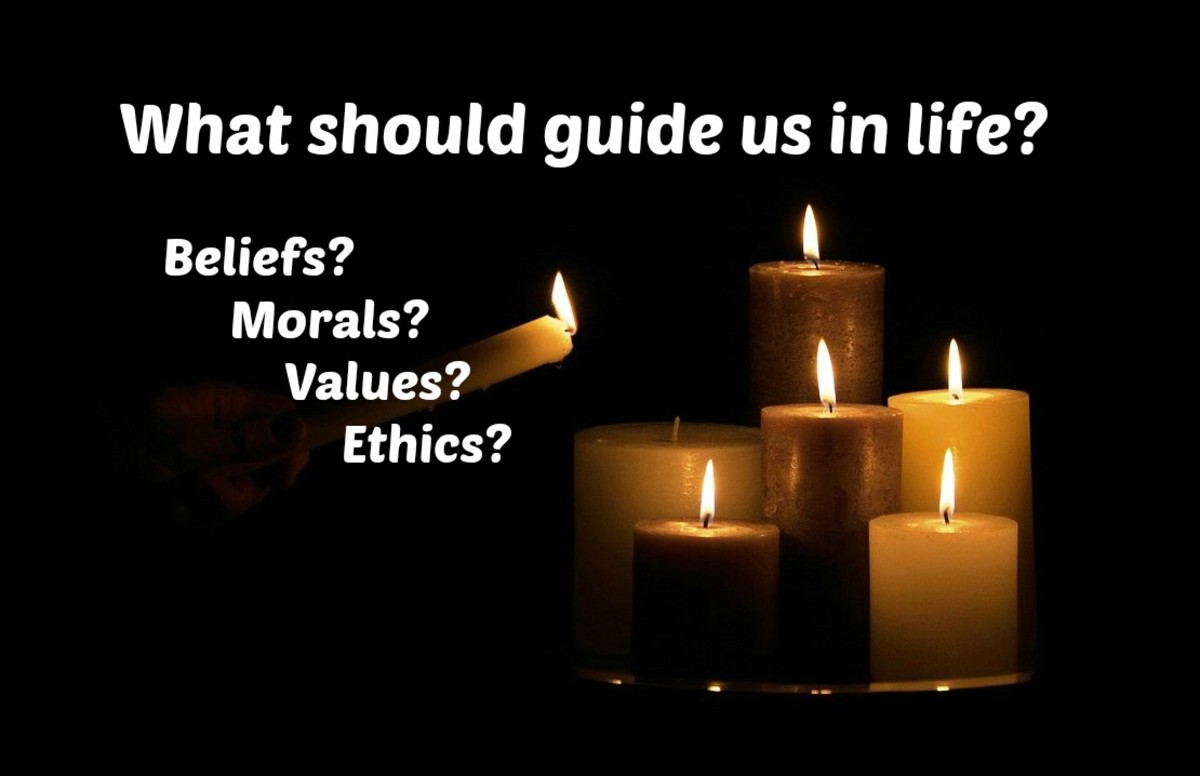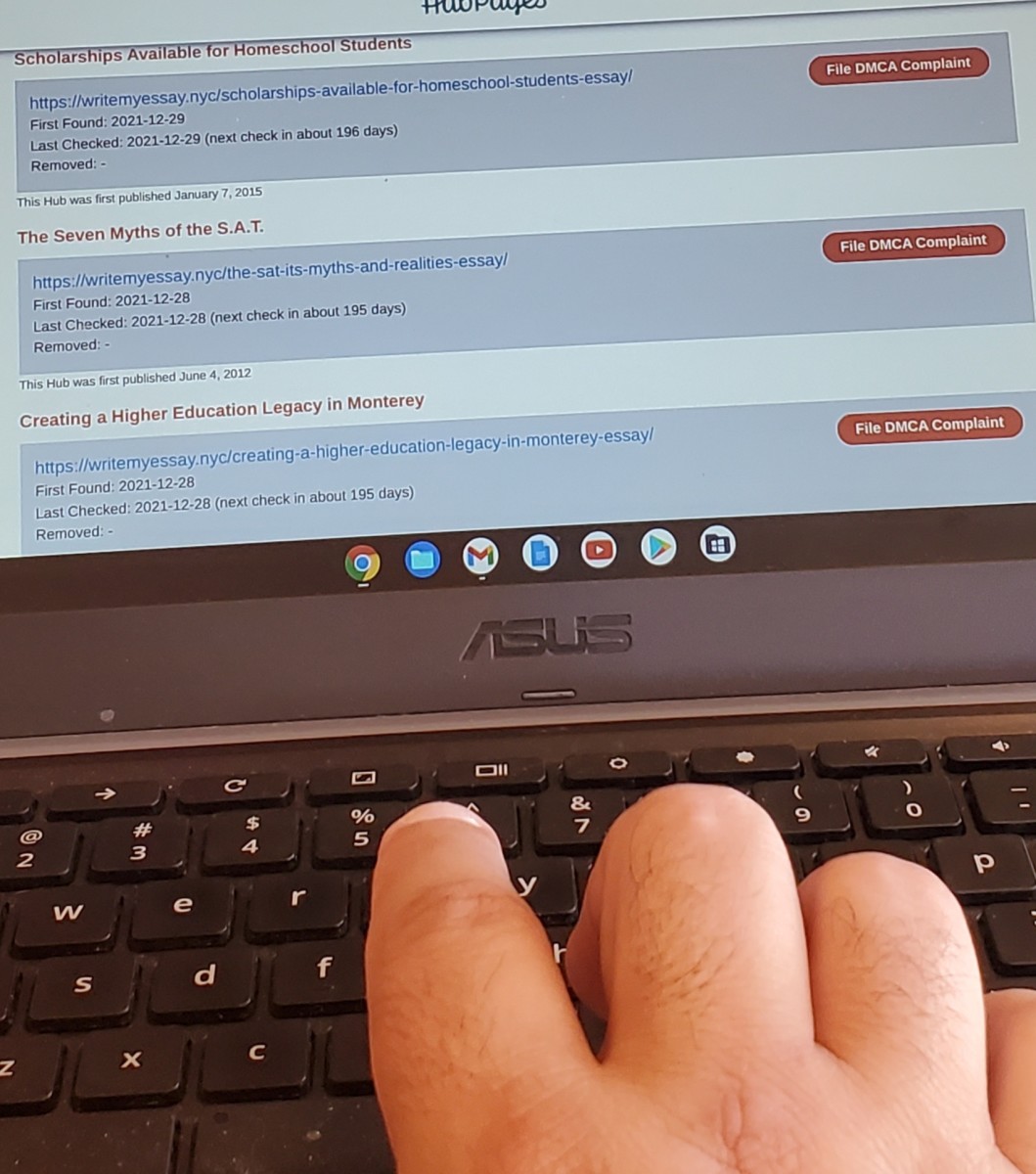Ethical Relativism in Child Custody Cases
The Struggle Between Democracy and Ethical Relativism in Child Custody Cases
In modern U.S. society, our lives are governed by a democratic republic political system, in which every common citizen elects a representative who votes on laws in their behalf. However, as an individual, we are not always happy with the laws that are in place because we may sometimes feel certain laws are not right; are not just. This is evident when we look into the crowded Domestic Relations Court System that handles Child Custody cases. The Judicial System has the jurisdiction, power and authority granted to it by the common citizen, to make decision about child custody on behalf of the parents. However, we know that the parents are not always in agreement with what the judge orders. That is due to ethical relativism, “the theory that ethical values depend on the individual” (Chaffee 385).
In a democracy, we enter into what is called a social contract, “an agreement between people and their rulers” (Chaffee 515). The agreement is that we give up a portion of our free choice in order to maintain some form of organized system that creates and enforces laws for us. Those laws supposedly are for the greater benefit of society. In this case, we put the power in the judges hands to order and enforce Child Custody laws. A judge makes decisions that are ‘in the best interest’ of the children based on their opinion and the opinion of ‘professionals’. Without a judge and police officers to enforce the custody order, it would be beyond difficult to maintain any form of justice at all. What would a mother do if the father didn’t pay child support? What would a father do if the mother stole the children away to a different state? Those situations could lead to chaos without an organized system to handle it. The philosopher, Thomas Hobbes, said that “we need a social contract to coexist peacefully and avoid a life that is ‘nasty, brutish, and short’” (Hobbes 514). Other philosopher’s, like Plato, think this type of system is necessary because as a group, the crowd isn’t likely to make correct choices. According to a modern philosopher, John Chaffee, Plato says, “Ordinary citizens [are] too easily swayed by appeals to irrational emotions and illogical arguments” (Chaffee 507). In the social contract system, judges are people with training, education, and experience that can make logical and reasonable decisions. Plato would say that emotional mother’s and angry, jealous father’s wouldn’t be able to do that. Therefore, a social contract is necessary for a just world.
However, not everyone who lives in the U.S. can easily recognize that fact and comply full heartedly with every law and every decision. Despite living in a democracy and submitting to a social contract, we continue to employ ethical relativism, because every individual has different beliefs on what is right and just. In a common example of a married couple with children getting divorced, we might see that the mother wants full custody of the children, while the father wants visitation rights. According to the mother, who later has remarried, it is in the best interests of the children to live completely in a home with a constant mother and father to raise the children. The constant going back and forth would be detrimental to the children’s growth. On the other hand, the father says that the children need to know their biological father, and therefore he must have visitation rights to them in order to adequately influence them. As the children grow up, it would be detrimental to their health if they didn’t know their father. Because each parent has different opinions on what is ethical or not, there is no way to really come to a compromise; it would be impossible to fulfill one parent’s wishes without ignoring the other’s. This is what ethical relativism is, and despite living in and conceding to a democratic social contract, we all still live with our own opinions. The French philosopher, Jean-Jacques Rousseau famously said, “What I feel is right is right. What is feel is wrong is wrong.” Those types of ethical opinions are often deep rooted and do not go away simply because a judge orders against you. Despite a judge ordering visitation time for the father, which often happens, the mother will continue feeling that it would be better if the children were with her in her new family one-hundred percent of the time.
Child Custody cases are only one example of the conflict that arises when we submit ourselves to a social contract system. In the end, however, the social contract system is in place merely because the parents cannot and would not come to a compromise. Therefore, in conclusion, the democratic social contract theory is really not in opposition to individual’s beliefs but ultimately provides a safe, just way to resolve the conflicts.
Works Cited
Chaffee, John. The Philosopher's Way. Pearson, n.d. Print.
Hobbes, Thomas. "Leviathan." Chaffee, John. The Philosopher's Way. Pearson, n.d. 516. Print.
Rousseau, Jean-Jacques. Chaffee, John. The Philosopher's Way. Pearson, n.d. 385. Print.





